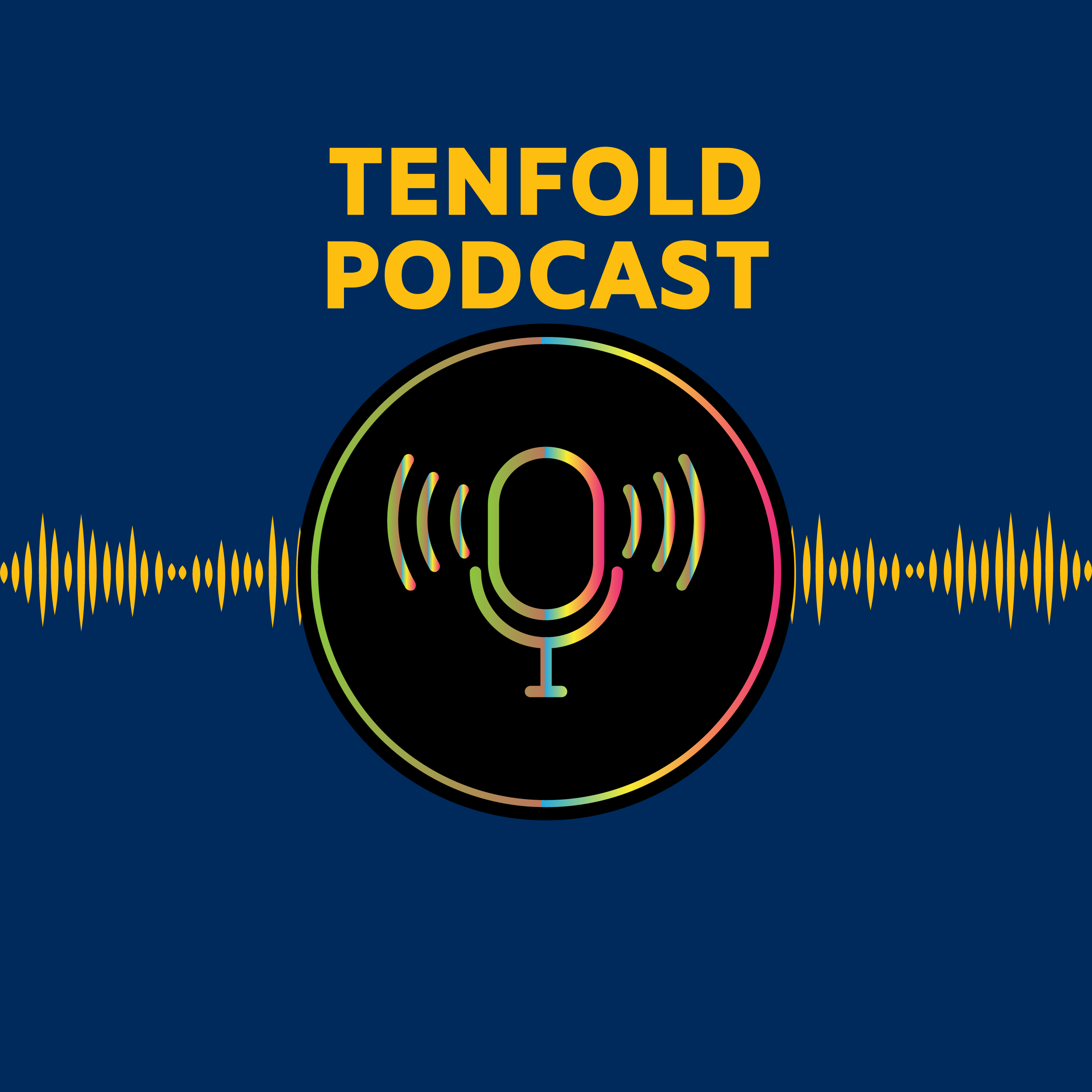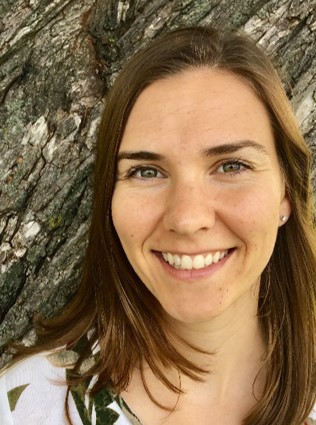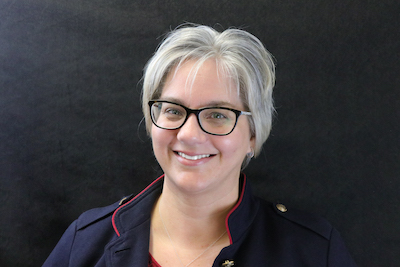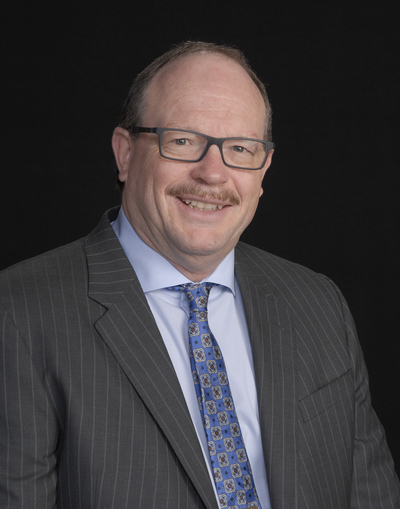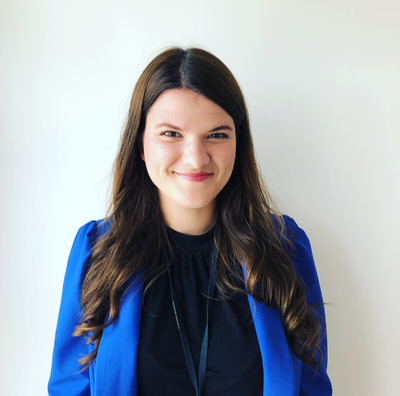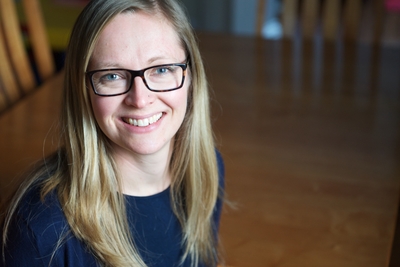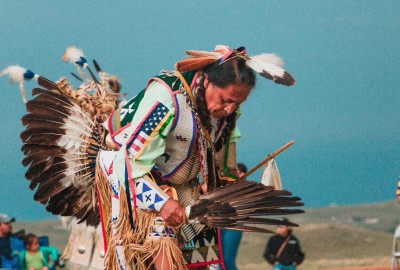Power and Privilege in Community Engagement |
|
Gillian Kranias joins Andrea to explore the concepts of social power and privilege, and their role in community engagement. The dominant groups in our society- in Canada, in Ontario, in the towns we live in and in our communities- carry power and privilege, which means that non-dominant groups are historically and continue to be marginalized and oppressed. There can be a distance between those that carry social power, and those who lack it. Being aware of those distances, noticing who we do not hear from and who we are not connected to, and then beginning to listen, can help to shorten that distance.
Having power gives us access to resources: money, access to space, time, mental energy, staffing etc. Gillian suggests several ways to shift power to communities:
Gillian’s closing piece of advice is to think about what relationships can support you in an ongoing way in your learning journey to becoming better professionals. Perhaps that’s a peer or colleague that you can connect with regularly, or perhaps journaling or reflecting on your own. This helps to make an ongoing commitment to the work.
Suggested Resources First and foremost, let’s “change who we are learning from…” Here are some podcasts made by community members we are listening to:
Here are some resources designed by professionals for professionals:
|
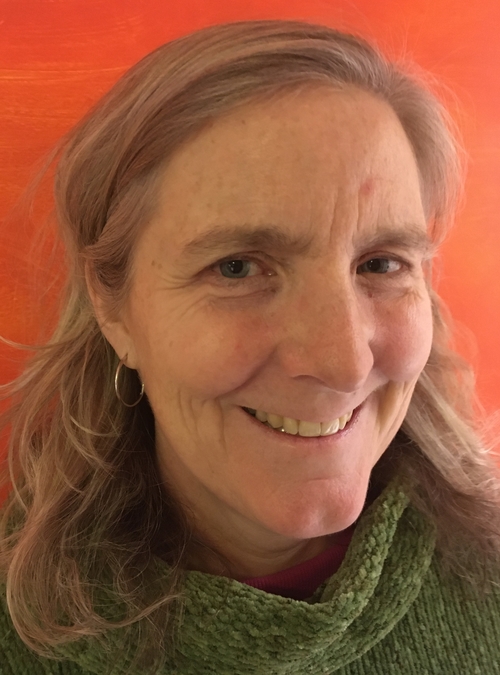 About Gillian:
About Gillian:
Gillian Kranias is a Bilingual Health Promotion Consultant at Health Nexus, with depth and breadth of experience supporting and co-leading initiatives that advance equity and promote community and environmental health. She favours participatory facilitation and evaluation approaches that support diverse people to work together in a good way and that value and center the voices of people from marginalized communities. Her own knowledge, resources and skills derive from decades of “learning through action” alongside equity-seeking communities as well as a M.E.S. in Environmental Studies (York University) and a Certificate in Community-Based Research (Wellesley Institute).
